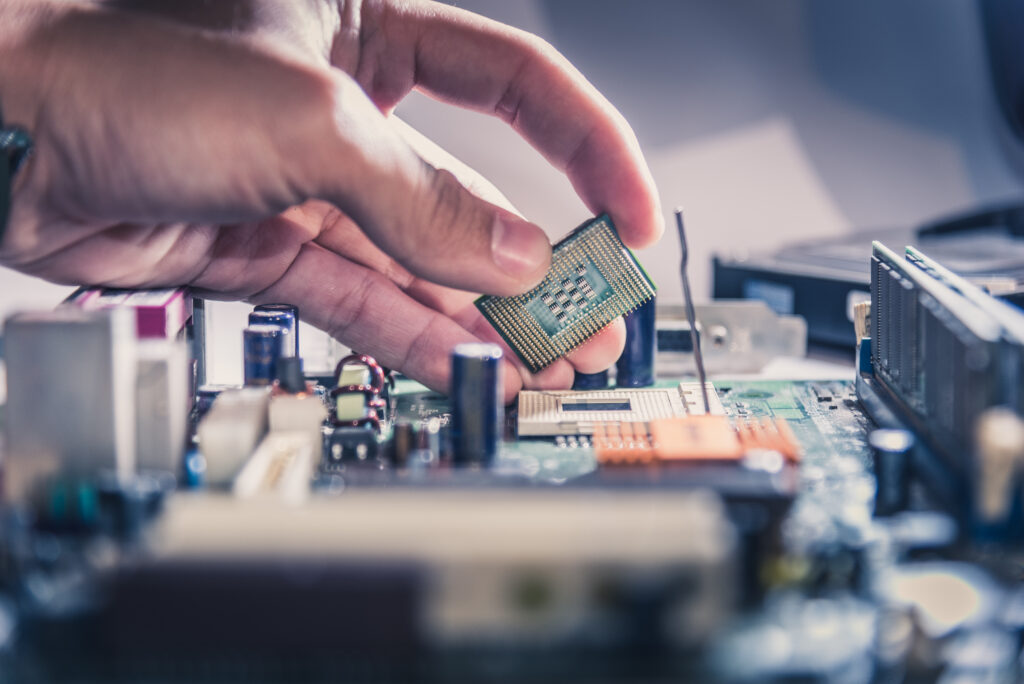
When it comes to buying a new computer, one of the biggest decisions you'll have to make is whether to go with an AMD or an Intel processor. Both companies offer a wide range of processors that vary in performance, price, and features. In this blog, we'll explore the differences between AMD and Intel processors to help you make an informed decision.
Architecture
The architecture of a processor determines how it performs various tasks. AMD processors are based on the "Zen" architecture, which is known for its high core count and efficient performance. Intel processors, on the other hand, use the "Core" architecture, which is known for its single-core performance and power efficiency.
Clock Speed
Clock speed is the rate at which a processor can execute instructions. AMD processors generally have higher clock speeds than Intel processors, which means they can complete tasks faster. However, this doesn't always translate into better performance in real-world scenarios, as other factors such as core count and cache size can also affect performance.
Core Count
The number of cores in a processor determines how many tasks it can handle at once. AMD processors typically have more cores than Intel processors, which can be beneficial for tasks that require multithreading such as video rendering and gaming.
Cache Size
Cache size is the amount of memory that a processor has on-board to store frequently used data. Intel processors generally have larger cache sizes than AMD processors, which can help improve performance in certain applications.
Integrated Graphics
Integrated graphics are a feature of modern processors that allows them to display video without the need for a dedicated graphics card. AMD processors generally have better integrated graphics than Intel processors, which can be beneficial for casual gaming and video playback.
Price
Price is a major consideration when choosing a processor, and AMD processors tend to be more affordable than Intel processors. However, the price difference can vary depending on the specific processor models and features you're comparing.
Conclusion
In summary, AMD and Intel processors have different strengths and weaknesses that can make one better suited for certain tasks than the other. AMD processors tend to have more cores and higher clock speeds, while Intel processors have better single-core performance and larger cache sizes. Ultimately, the best choice for you will depend on your specific needs and budget. It's always a good idea to do your research and read reviews before making a decision.

